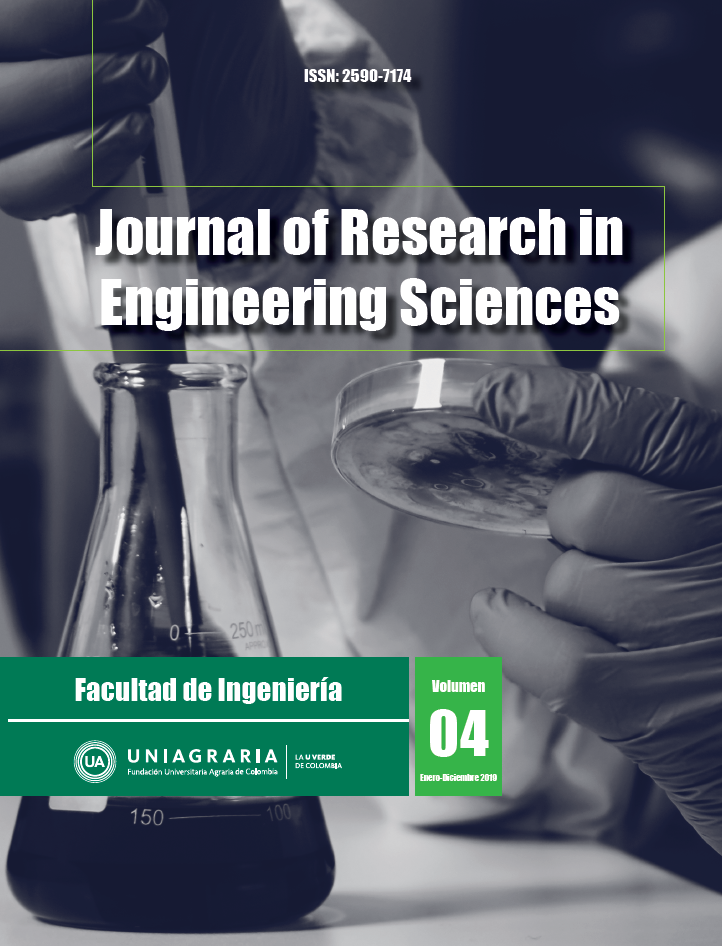Abstract
The Academic Training Programs in Latin America are characterized, in general, by the impulse of three paradigms that are considered opposed in their study plans and diversity of programs: scientific, technological and another that has characteristics of the previous ones considered technoscientific. However, the difference between these three educational models is not usually appreciable from the revision of the curricular design, which leads to a homogenization of differentiated ways of organizing academic processes. In the previous framework, this reflection article analyzes the perspective around the training of researchers from the aforementioned paradigms: scientific, technological and techno-scientific. In addition, the relationship between training and technology will be addressed, as well as its relevance for the achievement of comprehensive training from the curricular design by Higher Education Institutions (HEIs) in Latin America. It will also be argued how necessary it is to carry out organizational and structural actions for the recognition of the complex technological model, among others. Thus, it is evident that the complexity required in terms of curricular changes by Latin American HEIs requires taking into account the importance of training research competencies at all levels of training, with a short-term vision and with the development of competencies. differentiated.Downloads
Download data is not yet available.
